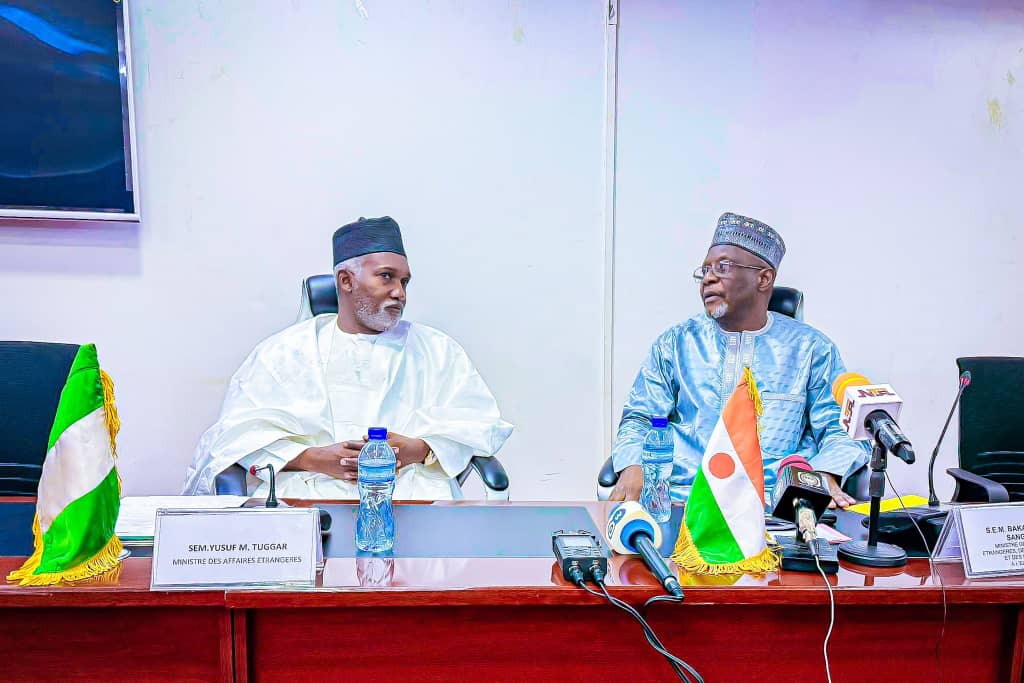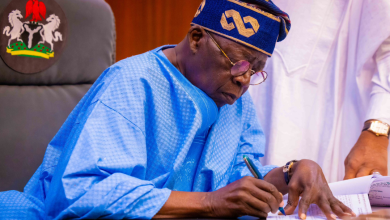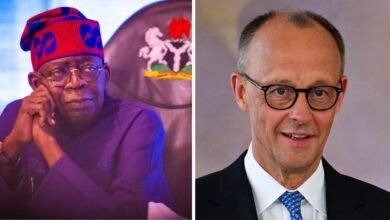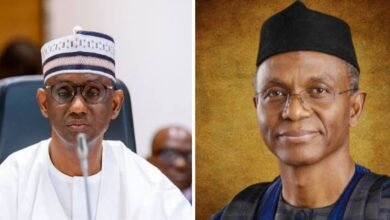Foreign AffairsNews
Tuggar in Niamey: Nigeria, Niger Renew Diplomatic Ties, Reaffirm Joint Commitment to Regional Development

The Federal Republic of Nigeria and the Republic of Niger have reaffirmed their commitment to deepening bilateral cooperation following a high-level diplomatic engagement in Niamey between Nigeria’s Minister of Foreign Affairs, Ambassador Yusuf Maitama Tuggar (OON), and his Nigerien counterpart, His Excellency Mr. Bakary Yaou Sangaré, Minister of Foreign Affairs, Cooperation, and Nigerians Abroad.
The visit, held on April 16, 2025, was undertaken at the joint initiative of both countries and culminated in a joint communiqué outlining key areas of collaboration aimed at enhancing peace, development, and economic integration across the region.
The communiqué noted that Ambassador Tuggar was “warmly and enthusiastically welcomed… in a spirit of brotherhood that characterizes the warm and friendly relations that have always existed between the peoples of the two countries.”
Discussions between both foreign ministers took place in a spirit of cordiality and mutual respect, providing an opportunity for what was described as “an in-depth examination of the challenges facing the two countries and major current issues at the sub-regional, regional, and international levels.”
At the center of their deliberations was a renewed commitment to revitalizing the Nigeria-Niger Joint Commission (NNJC). The Foreign Affairs Ministers emphasized that the Commission will serve as a framework to “foster closer relations amongst the people and governments of Niger and Nigeria” and ensure effective follow-up on priority projects and initiatives.
They also agreed to accelerate work on critical cross-border infrastructure, including the Kano-Katsina-Jibiya-Maradi railway, the Trans-Saharan Gas Pipeline, Trans-Saharan Highway, and Trans-Saharan Fiber Optic project. They also discussed enhancing bilateral cooperation on trade, air services, tariffs and taxes, agriculture, ICT, education, desertification control, migration, and local governance.
On security, both ministers acknowledged the persistent threat of terrorism along their shared borders, which they described as “a real obstacle to the effective implementation of all development programs initiated by the governments of their countries.” They called on the defense ministries of both nations to deepen cooperation in order to address the threat and safeguard stability in the region.
As a further step toward institutionalizing collaboration, the ministers agreed to establish a Joint Consultative Forum, bringing together stakeholders from both countries to “address their common challenges and explore further opportunities for the benefit of their citizens.”
The meeting of the two Ministers provided a platform for them to affirm the strength of the existing bilateral relationship, stating that they both “welcomed the quality of the relations of fraternity, friendship, cooperation, and good neighborliness that bind Niger and Nigeria,” and pledged to “raise it to the level of their ambitions and the legitimate expectations of their respective peoples, who aspire to peace, security, and development.”
At the close of the meeting, Minister Sangaré expressed appreciation to his Nigerian counterpart and requested that Ambassador Tuggar convey the gratitude of the President and people of Niger to Nigeria for its enduring partnership. Ambassador Tuggar, in return, thanked the Government and people of Niger for their hospitality and extended an invitation to Minister Sangaré to undertake an official working visit to Nigeria—an invitation that was warmly accepted, with dates to be confirmed through diplomatic channels.




